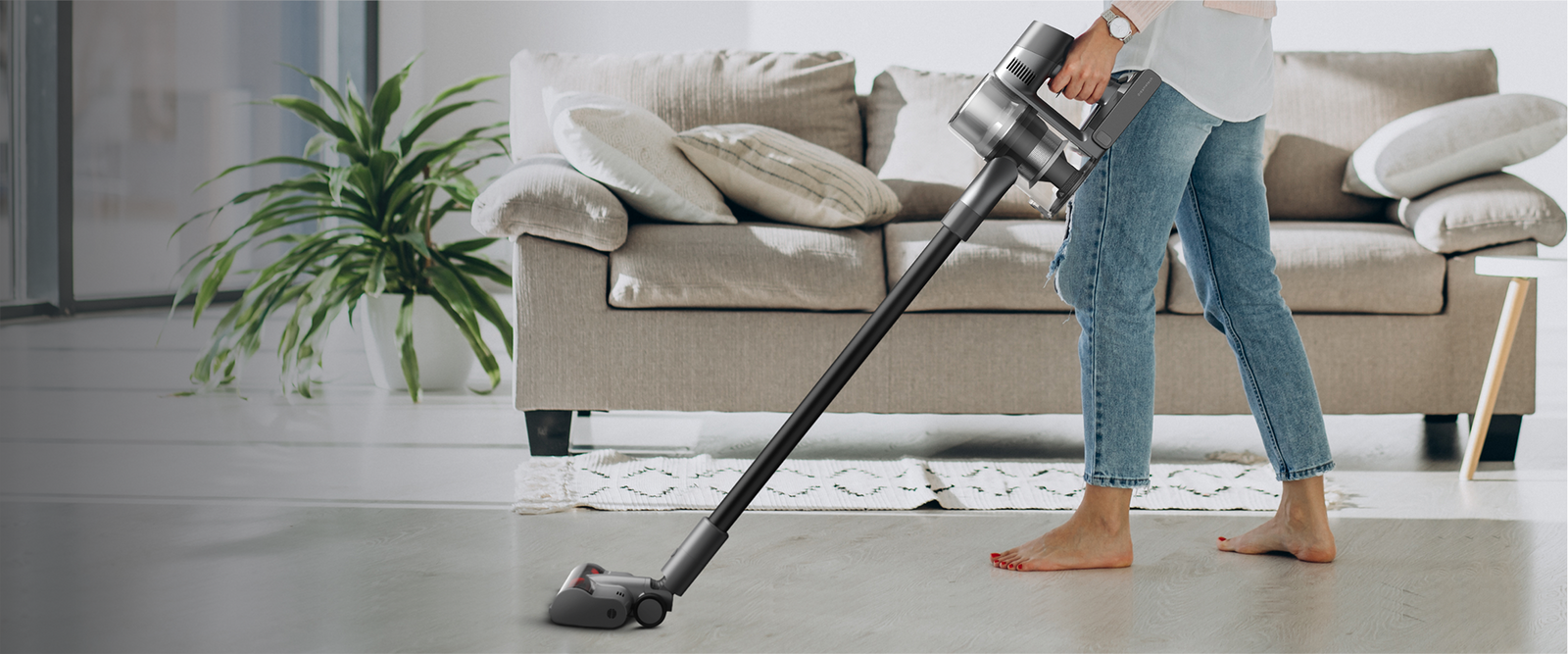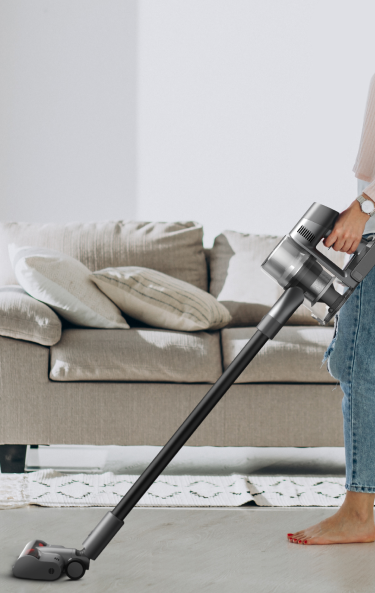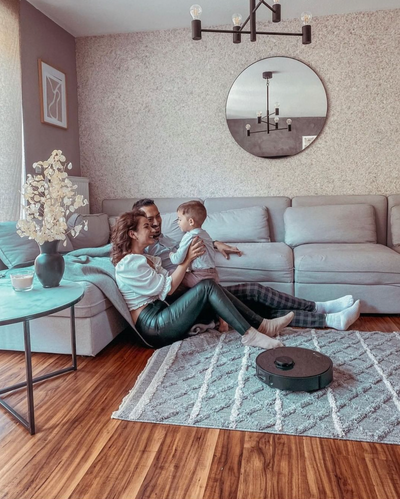How to Clean and Protect Vinyl Plank Flooring?
Vinyl plank flooring is surprisingly easy to clean whether you are using basic cleaning solutions or you are using sophisticated cleaning technology like the best robot vacuum for vinyl plank floors.
Vinyl plank flooring is incredibly low-maintenance which makes it a great flooring option for virtually any area of the house. The key to taking care of vinyl plank flooring is to know how you can prevent long-term damage in the first place and what the best methods are for regular maintenance.
Read on to know how you can do all these especially if you want your vinyl wood plank flooring to last for many years.
How to Prevent Damage for Vinyl Plank Flooring
While vinyl plank floors will show signs of age and wear over time, you can push this back by ensuring that your vinyl flooring is installed in the right way.
Vinyl flooring is very easy to install but you still need to make sure that installation was done according to manufacturer instructions. Otherwise, you run the risk of warping planks, uneven planks, and other defects that could lead to faster wear and tear. Start off by using the right adhesive, rolling the floor to help achieve a flat and even finish, and using protective window treatments to protect your floors from harsh sunlight.
Use Proper Adhesive
You can run into problems like buckling if your planks are not laid down properly. Using the right adhesive ensures that your vinyl plank flooring stays tight on the floor on all sides. It is also important to know what kind of flooring requires an adhesive. If you are working with glue-down vinyl planks or loose lay vinyl, you will need floor adhesive to secure the planks on the floor base.
Adhesives for vinyl flooring are often acrylic-based which are also resin-based. These are very strong and suited for strong bonding with different types of surfaces. These adhesives are sun-resistant, and can withstand regular changes in temperature, and are not easily affected by moisture. For best results, it is best to check the manufacturer's instructions on what kind of glue is suitable for your type of vinyl plank floors.
Roll the Floor
One crucial element during installation is the proper rolling of the vinyl plank flooring. Use a 100-pound roller to roll the floor after laying down the flooring with adhesive. Using this rolling weight will help secure and flatten all areas of the vinyl planks and prevent buckling over time.
Avoid Direct Sunlight
Vinyl flooring keeps its luster and color over time but direct exposure to sunlight can accelerate the process of wear. Direct sun can also strip the floors of color and shine. You can keep your vinyl floors new and shiny by protecting them from direct sunlight.
Window treatments such as blinds or curtains offer effective protection against harsh sunlight. For maximum protection, use blackout or thermal curtains especially if your interiors are exposed to lots of sunlight during the day. Another alternative is UV film or tinted windows. These can limit the amount of heat and light that can pass through the windows.
How to Clean Vinyl Plank Flooring
Daily Cleaning
Regular cleaning is also crucial to keeping your vinyl plank floors looking as good as new. For daily cleaning, wiping and mopping will usually leave you with a clean surface.
A quick run with the vacuum ensures a thorough clean that doesn't take up too much time. Use a vacuum cleaner if you don't want to spread dust around or you want to clean while you are doing other chores. Robot vacuum cleaners like the Dreame D9 can do the job in a few minutes, giving you sparkling floors in minutes without you lifting a finger.
Deep Cleaning
For a deeper clean, you can wipe the floor with a mop or rag moistened with water and dish soap/ detergent solution. This helps remove dirt, grime, and stains that may have hardened on the surface of your vinyl floors. You can also spray the solution on the floor, provided that you use a neutral detergent diluted in water. This is often enough to clean your floor and keep it in top condition for the coming week.
If you want a more organic cleaning option, swap the dish soap with white vinegar and dilute it in water. Use this for mopping or wiping the floors to remove tough stains and dirt. This vinegar solution also leaves your floors with a clean scent and a lasting shine.
If you want to make sure that you are using safe cleaning solutions, check with the manufacturer. They may have recommendations for specific cleaning solutions that will work best with your vinyl flooring. It is also important to note that you should avoid using abrasive mops and streams when cleaning your vinyl floors. Abrasive brushes can leave scratches and will thin out the protective layer of vinyl planks. Steam cleaning is also a big No-No since most vinyl plank materials are not meant to withstand steam.
How to Make Your Vinyl Floors Shine
How shiny your floors get depends on the kind of finish you have. If you have vinyl floors with a matte finish, your floor wax or polish can only do so much. However, if you have flooring with a glossy finish, you can achieve sparkly shine with ease.
A quick and easy way to make your floors shine is to use vinegar and water spray to clean your floors. Wipe dry with a microfiber cloth to buff out mop marks. If you want to see your reflection on the floors, you can also opt for floor wax made for vinyl flooring, which you can easily get from most hardware or home stores. Just make sure to clean the surface thoroughly with a soft broom. You can also use the Dreame D9 for vinyl plank floors to remove all dust and dirt before you start polishing.
Regular and careful cleaning can keep your vinyl plank floors as shiny and as scratch-free as the day you installed them. Just remember to use the right cleaning tools and to set your expectations according to the type of flooring finish that you have. With properly-installed vinyl flooring and regular cleaning, you can keep your floors shiny and clean for years.










































